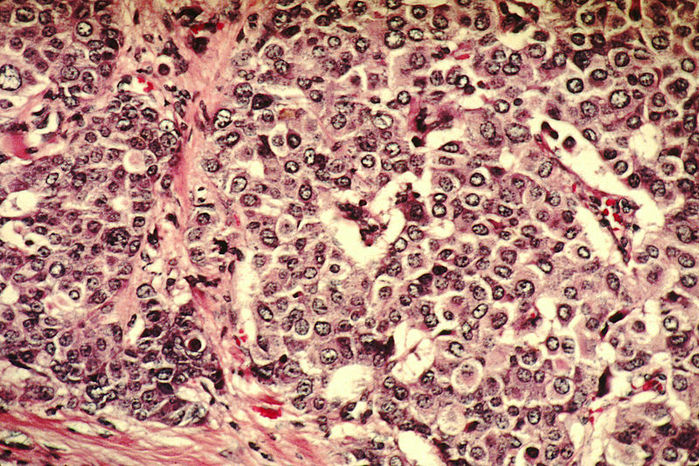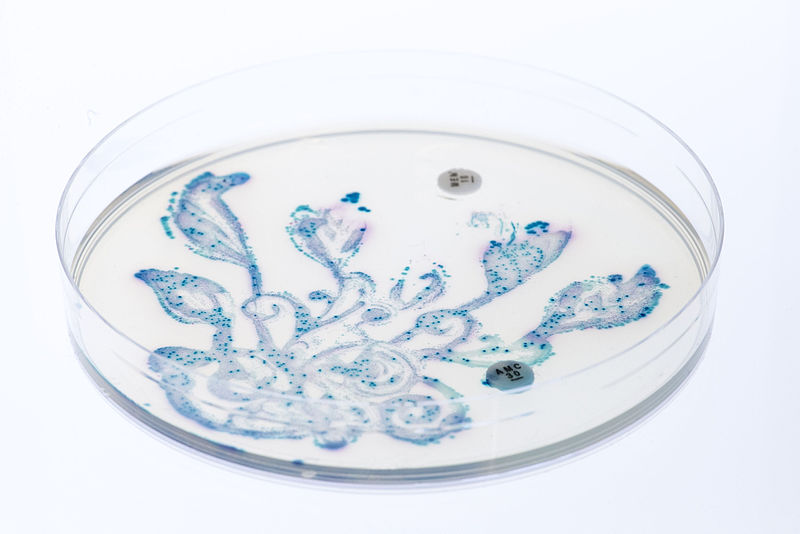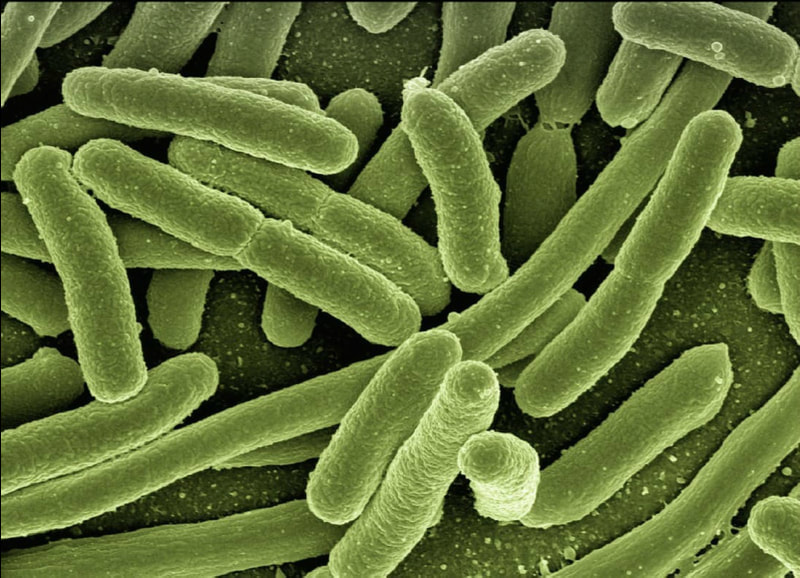A Breast Cancer Fighting Diet?
252,710 women and 2,470 men were diagnosed with breast cancer as of 2017. The detrimental effects of the disease can be found everywhere, making treatment and prevention of breast cancer a pressing issue in society today. Recently, studies concerning the relationship between breast cancer and diet have encountered significant findings to help mitigate the spread of breast cancer.
Researchers at the Cedars-Sinai Medical Center have encountered a surprising source of trouble in the treatment of breast cancer: asparagus. Asparagine, a common amino acid in asparagus, dairy, beef, and poultry, among other foods, is a component in many complex proteins in the body. Amino acids like asparagine are the small building blocks that make up proteins in organisms. This amino acid has been shown to increase the rate of metastasis of breast cancer. Metastasis is when a cancer spreads to other parts of the body and is often the most devastating complication with cancer. Cancer’s ability to invade other areas of the body makes it harder to pinpoint and treat, eventually progressing towards organ failure or death in the most severe cases.
Researchers at the Cedars-Sinai Medical Center have encountered a surprising source of trouble in the treatment of breast cancer: asparagus. Asparagine, a common amino acid in asparagus, dairy, beef, and poultry, among other foods, is a component in many complex proteins in the body. Amino acids like asparagine are the small building blocks that make up proteins in organisms. This amino acid has been shown to increase the rate of metastasis of breast cancer. Metastasis is when a cancer spreads to other parts of the body and is often the most devastating complication with cancer. Cancer’s ability to invade other areas of the body makes it harder to pinpoint and treat, eventually progressing towards organ failure or death in the most severe cases.
Image Source: Dr. Cecil Fox
This new finding showed promising evidence that diet could help lessen the impact of breast cancer and lead to a faster recovery. The research was conducted on a type of breast cancer that traditionally does not respond well to treatment called triple negative breast cancer. These cells do not possess the common characteristics that treatments can act upon, making it an especially lethal type of cancer. A correlation between the presence of asparagine synthetase, an enzyme the helps with the production of asparagine, and metastasis of the tumor was discovered. Cells with a higher level of asparagine synthetase were shown to be harder to treat and spread more than cancer cells lacking the enzyme. This finding led the researchers to explore the influence of asparagine synthetase on metastasis, and they found that with lower levels of asparagine, the level of metastasis also decreased. By applying this knowledge, new therapies and treatments can be developed to fight the spread of breast cancer.
A diet low in asparagine could possibly lead to a slower rate of metastasis of the breast cancer. These findings are promising and could prompt increased awareness of how diet affects certain diseases as well as the body as a whole. In the future the researchers want to advance their findings through conducting a clinical trial on cancer patients by treating them with a diet low in asparagine accompanied by traditional treatments like chemotherapy and immunotherapy. Researchers are also hopeful that these findings carry some significance for other types of cancer and could possibly be used to develop diet-based treatments on other forms of cancer.
A diet low in asparagine could possibly lead to a slower rate of metastasis of the breast cancer. These findings are promising and could prompt increased awareness of how diet affects certain diseases as well as the body as a whole. In the future the researchers want to advance their findings through conducting a clinical trial on cancer patients by treating them with a diet low in asparagine accompanied by traditional treatments like chemotherapy and immunotherapy. Researchers are also hopeful that these findings carry some significance for other types of cancer and could possibly be used to develop diet-based treatments on other forms of cancer.
Featured Image Source: FoodieFactor
RELATED ARTICLES
|
Vertical Divider
|
Vertical Divider
|
Vertical Divider
|






